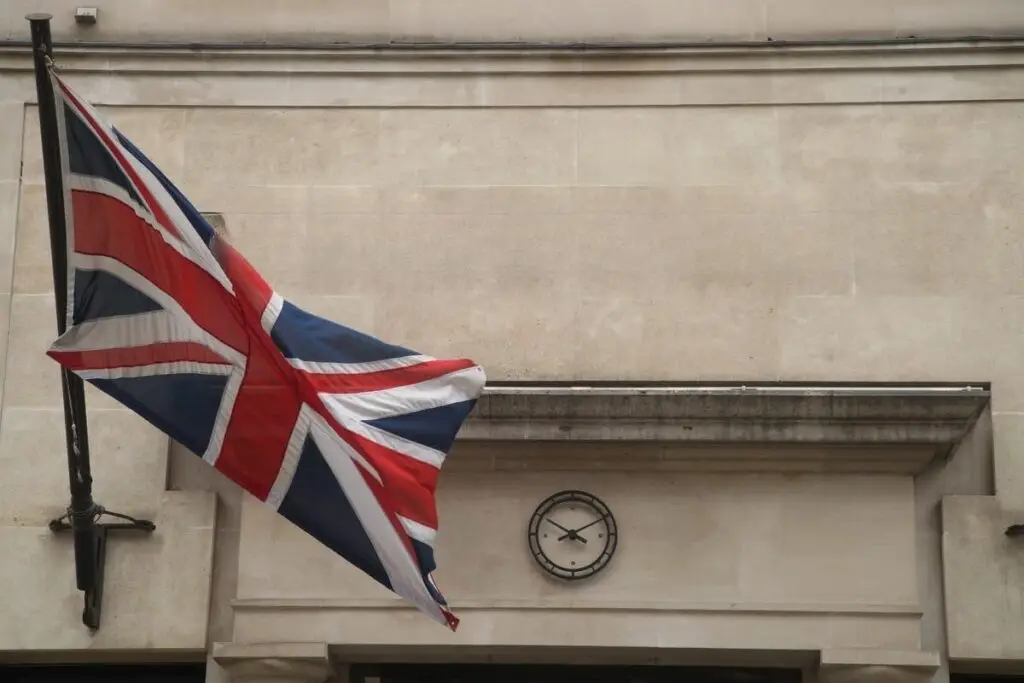Burberry has announced a significant leadership change amidst troubling financial results.
- Jonathan Akeroyd will be replaced as chief executive after a tenure of just over two years.
- Sales have plunged by 21 per cent in the first quarter leading up to 29 June.
- The company has suspended its dividend and warned of a possible first-half operating loss.
- Joshua Schulman, the former Michael Kors boss, will take over as the new CEO later this week.
Burberry, one of the UK’s prominent global fashion brands, has replaced CEO Jonathan Akeroyd. After just over two years in the role, Akeroyd will be succeeded by former Michael Kors boss Joshua Schulman. The change comes as the company faces a severe decline in sales and financial instability. Burberry’s announcement revealed a 21 per cent drop in same-store sales for the first quarter ending 29 June.
The company is on alert for a first-half operating loss if retail sales continue to fall at the current rate. Further concerns were raised as Burberry also decided to suspend its dividend, causing shares to plummet by more than 17 per cent on Monday. Akeroyd, who joined in April 2022 with a “golden hello” worth £6 million, aimed to restore sales to pre-pandemic levels but faced significant challenges.
During Akeroyd’s tenure, the global cost-of-living crisis led to a drop in consumer spending, impacting the luxury fashion sector. High-level departures also troubled the company. Chief financial and operating officer Julie Brown, and creative director Riccardo Tisci left, adding to the instability. Tisci was replaced by Daniel Lee, former creative director at Bottega Veneta, while Kate Ferry became the new chief operating officer.
Sales figures have been particularly worrying, with a 21 per cent decrease in comparable store sales for the 13 weeks leading up to 29 June. This prompted Burberry to suspend its dividend and announce around 200 redundancies worldwide. Burberry’s reliance on the Chinese market has also been problematic due to weak consumer spending in China, exacerbated by housing market issues and rising unemployment.
Despite the troubling sales figures, Burberry saw a 6 per cent increase in sales in Japan. This highlights a regional divergence in performance. However, declining sales in the American market and fluctuating performance in Europe, the Middle East, and Africa, where sales initially rose by 4 per cent but later dropped by 3 per cent, have complicated the company’s outlook.
Upon taking over from Marco Gobbetti, Akeroyd sought to revitalise Burberry’s brand by focusing on its British roots. He aimed to appeal to higher-end markets and introduced a new heritage-inspired logo. However, these efforts backfired. The move away from Burberry’s signature check print and rising prices for key items like the iconic trench coat did not resonate well with customers.
Joshua Schulman expressed optimism about his new role, stating, “Burberry is an extraordinary luxury brand, quintessentially British, equal parts heritage and innovation. Its original purpose to protect people from the weather is more relevant than ever. I look forward to working alongside Daniel Lee and the talented teams to drive global growth, delight our customers, and write the next chapter of the Burberry story.”
The appointment of Joshua Schulman marks a critical juncture for Burberry as it aims to navigate through its financial challenges and reconnect with its global customer base.

